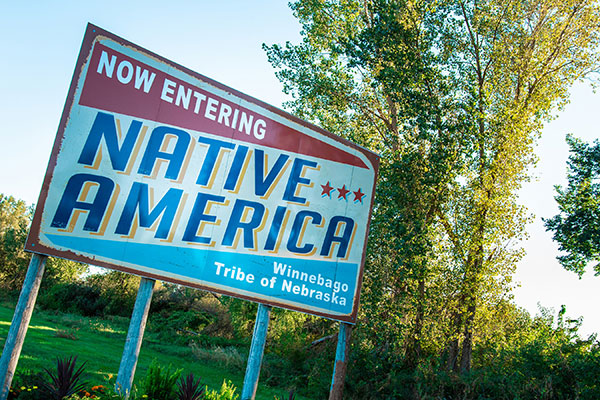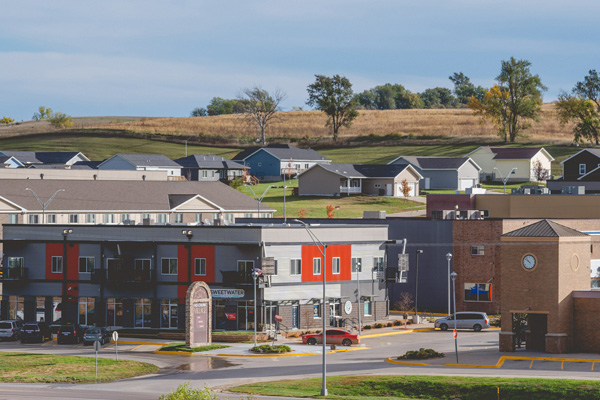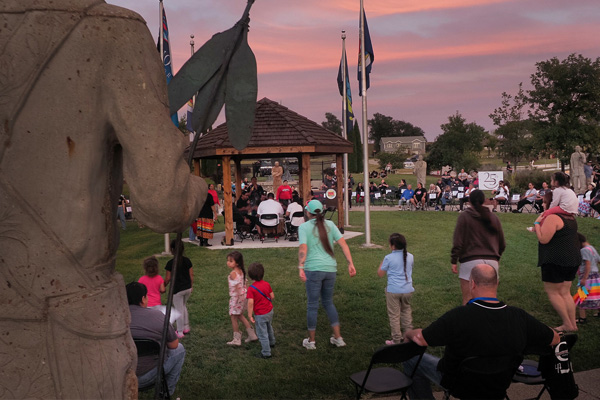WINNEBAGO, Neb., Jan. 24, 2024 /PRNewswire/ — A new study on American Indian economic and social change describes a growing middle class on the rural Winnebago Reservation in Nebraska, despite Great Plains tribes being among poorest in the nation.

The Winnebago Tribe’s progress also eclipses the middle classes of Nebraska, Iowa and South Dakota, largely because of the Tribe’s self-determined economic development through a federal contracting program for minority and disadvantaged businesses.
“The Winnebago Tribe has significantly improved its members’ lives in a generation, and is taking control of its future,” said Lance Morgan, CEO of Ho-Chunk, Inc., the Tribe’s economic development entity. “What is happening today begins to realize the visions of Tribal leaders going back generations. But there is still much work to do. We need to bring up our entire community.”
- The median income of Native Americans on the Winnebago Reservation grew 78% from 1990-2022, while Nebraska’s median for all people grew 16%.
- The number of middle-class households on the reservation more than doubled in that time, far outpacing the United States, the tri-state region and other Great Plains tribes.
- The proportion of Native Americans living in poverty dropped from about half to a third, but remained three times higher than the United States, Nebraska, Iowa and South Dakota.

The Winnebago Tribe started Ho-Chunk, Inc. in 1994 to help its people by creating jobs and diversifying the Tribe’s revenue after competition decimated its modest casino. Today, most of the company’s 1,700 employees work in federal government contracting at locations across the country and abroad through the U.S. Small Business Administration’s 8(a) Business Development Program.
“It’s critical tribes can self-determine their economic futures through the SBA 8(a) Program,” said Heath Rist, CEO of All Native Group, the company’s federal services division. “Ho-Chunk, Inc. has grown into a reputable, award-winning prime contractor and is a notable success story.”
Federal contracting is vital to the Winnebago and other tribes because of unfulfilled federal Indian trust responsibilities. Despite the federal government not fully utilizing the 8(a) Program, the Winnebago Tribe has developed an economy and middle class on its small reservation by focusing on housing, employment, youth, education and elders.

The award-winning approach has been recognized five times by the Harvard Kennedy School’s Project on Indigenous Governance and Development.
“You could consider it a multi-front war against poverty and brain drain,” said Jonathan Taylor, an economist who studies Native American communities and authored the analysis. The study was sponsored by Ho-Chunk, Inc. and has been released publicly (https://bit.ly/48OKQov).
